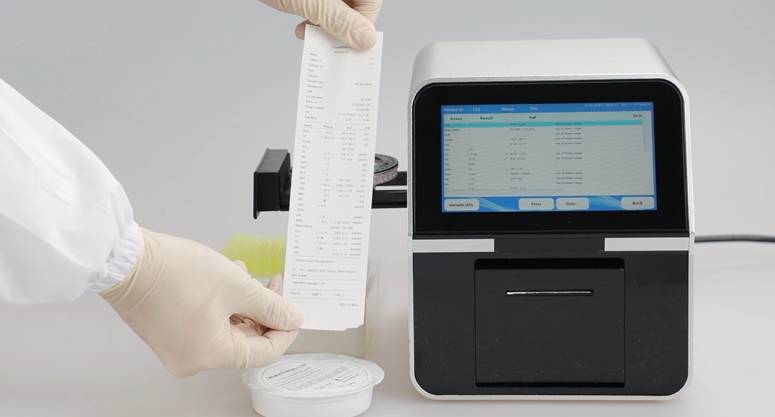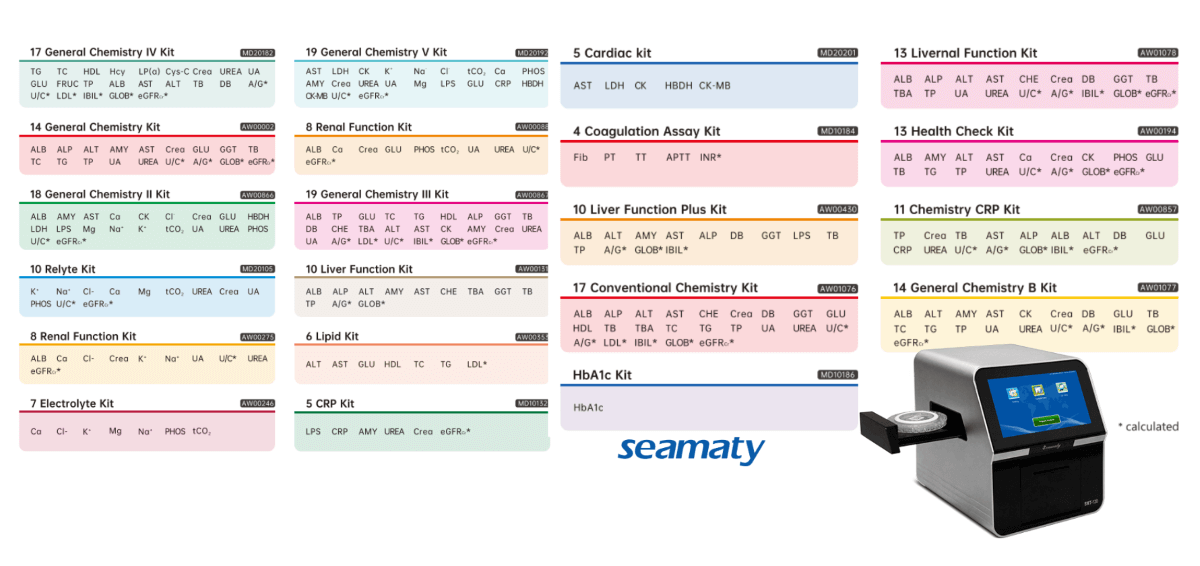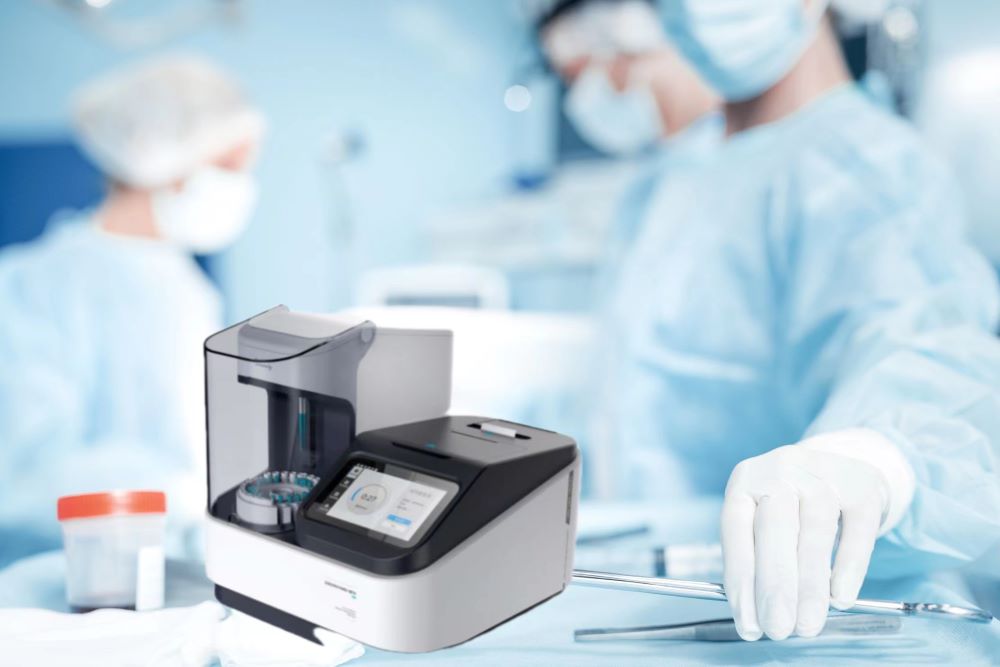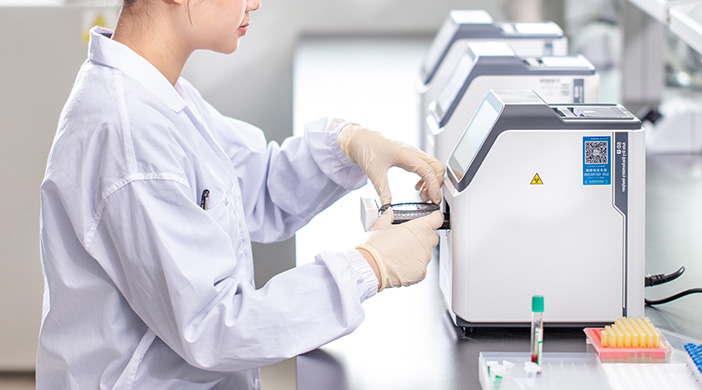Biochemical testing is the eye of the doctor. It can help doctors determine the condition. However, many reasons can cause inaccurate biochemical test results. For example, inadequate preparation of patients, physiological factors and the application of drugs and other factors have a significant impact on the accuracy of biochemical test results. A few common reasons are listed below.
Patient preparation
The patient or family should be informed before the biochemical sample collection. Ask them to be prepared. For example, keep the patient at rest. Fasting for 8 to 12 hours is required. Pay attention to the collection time of some special biochemical items such as postprandial glucose. In particular, the patient's diet is rich in sugars, lipids, electrolytes and other components that directly interfere with the test results of biochemical samples. Samples of blood collected after meals are mostly in the form of celiac serum. This will seriously affect the accuracy of biochemical tests.
Physiological factors
Physiological factors such as age, gender, pregnancy, menstruation and lifestyle are ignored during sample collection. These can affect the accuracy of biochemical test results, not to mention the actual physical condition of the patient.
Drug
Some patients have taken some therapeutic drugs before the collection of biochemical samples. Such as diabetes patients injected insulin. Or taking diuretics on blood sugar, blood potassium, etc. can affect the test results.
Technical factors
The choice of test items, sample information, collection site, collection time, etc. of biochemical samples of patients have an impact on the results. For example, blood is collected on the same side of the patient as the infusion or at the original infusion needle. Rapid injection of the sample into the tube may result in hemolysis of the sample. This may cause a false elevation of biochemical substances such as potassium ions in the blood. This is also highly likely to interfere with clinical judgment . In addition, insufficient biochemical sample volume and sample storage temperature can directly affect the accuracy of the results.
-
1) Inadequate handling of biochemical samples after receipt in biochemical tests.
-
2) some samples need to be stored at too low a temperature
-
3) Different reagents and different testing methods. In particular, the results of biochemical samples for emergency and routine diagnosis are different. For example, creatinine determination. Routine biochemistry mostly uses enzymatic method. While emergency biochemistry uses picric acid method. For example, amylase is measured. Routine biochemistry uses enzymatic method, while emergency biochemistry uses dry chemical method.
-
4) Factors such as original reagents and instrumentation can lead to differences in results. Due to some biochemical components in the intracellular fluid. The content of LDH, ALT, ALP, AST, K+, etc. is 22 to 160 times higher than the concentration in the extracellular fluid. This may lead to hemolysis at the time of collection or during laboratory processing of the sample. This can lead to large variability in the variability of their results. Similarly, the presence of hemoglobin in biochemical samples may interfere with the accuracy of cholesterol results determined by enzymatic methods.
-
5) In addition, factors such as jaundice samples, celiac blood, care, maintenance and calibration of biochemical instruments, and preparation and replacement of reagents all have an impact on the accuracy of biochemical results.

Quality control
After the biochemical samples are tested, the audit is not strict and there are omissions, sample appearance tests such as jaundice samples, celiac blood docket unknown . Abnormal samples were not retested. Critical values are not declared or collated with clinicians in a timely manner. Especially for abnormal increase in blood glucose should understand the sample collection process, clinical medication and patient's physical condition. Issue the report without careful examination and review.
In addition, samples that have been refrigerated at 2-8°C for too long can cause the water in the sample to evaporate easily. This can cause the blood to concentrate, which can lead to high results. Also factors such as inactivation of some specific enzymatic results can cause biochemical results to be low.
When reviewing and issuing reports, they are not compared and analyzed with QC test results and are issued blindly. This can cause biochemical results to be less accurate and less reliable.



